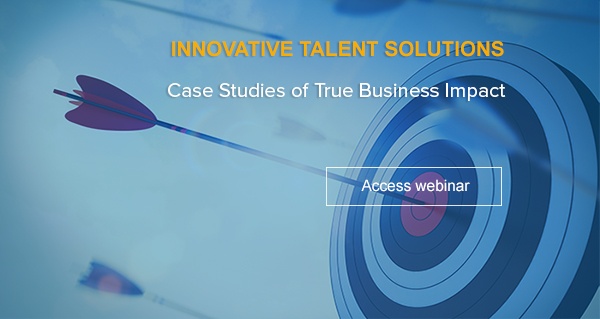
The U.S. economy is expected to expand over the next couple of years according to multiple sources. According to Fox Business “The U.S. economy has gained momentum over the past year thanks to pro-growth policies of lawmakers in Washington,” yet Reuters forecasts “growth will not accelerate the way the Trump administration has predicted.”
Whichever the economic drivers, most analysts agree on a positive view of the U.S. economy for 2018. In his Forbes’ article, “10 Workplace Trends You'll See In 2018”, Dan Schawbel presents this summary of the U.S. economy: The Bureau of Labor Statistics predicts that the unemployment rate will continue to decline from 4.3% in 2017 to 4.2% in 2018, with an overall projection of 20.5 million jobs being created by 2020. While the majority of occupations are projected to grow, those that will experience the fastest growth next year are healthcare, personal care, social assistance and construction. The workforce participation of older workers will increase, yet the overall labor force growth rate will decline by next year. U.S. salaries are predicted to increase from 3.1% in 2017 to 3.2% in 2018. Gross domestic product is expected to increase from 2.3% in 2017 to 2.5% in 2018.
Changes in monetary policies lead by newly appointed Federal Reserve Chairman, Jerome Powell, are not expected to be a major departure from his predecessor Janet Yellen once he takes office in February. This weeks #RPOA Weekly presents a roundup of latest reports on U.S. economic outlook for 2018.
US Economic Outlook: For 2017 and Beyond by The Balance
The U.S. economic outlook is healthy according to the key economic indicators. The most critical indicator is gross domestic product, which measures the nation's production output. The GDP growth rate is expected to remain between the 2 percent to 3 percent ideal range. Unemployment is forecast to continue at the natural rate. President Trump promised to increase economic growth to 4 percent. That's actually faster than is healthy.
10 Workplace Trends You'll See In 2018 by Forbes
Three of the ten workplace trends from this report are: Companies will continue to promote their workspaces and design them to facilitate interpersonal relationships between employees. Second, one of the most disrupted industries will be education, with more third parties offering courses, credentials and certifications than ever before. Third, the topic with the biggest buzz in HR circles is AI because there is both excitement and fear around the topic as it relates to how we do our jobs. Read article to find out the other seven predictions.
U.S. economic expansion to last another two years or more by Reuters
The recovery from the devastating 2007-2009 financial crisis has been unusually lengthy. The latest growth stretch has already lasted 96 months, and if the poll predictions come true it would mark the longest economic expansion in more than 150 years. Growth has still not picked up as quickly as thought recently, leading forecasters to lower expectations again slightly in the poll of more than 100 economists taken Aug. 7-10.
Don't worry about the US economy...until 2018 by CNBC
If the future plays out like Richard Hoey, BNY Mellon's chief economist, expects, 2018 is going to be a year for the history books. That year, investors will see a number of chickens come home to roost, including wage inflation, a spike in oil prices and an upside inflationary surprise. "I'm worried about 2018. I think by that time everything will all come due. We'll have wage inflation. The Fed will have to tighten hard," Hoey said.
2018 Global Economic Outlook: As Good As it Gets by Goldman Sachs
For the first time since 2010, the world economy is outperforming most predictions — a trend that Goldman Sachs Research economists Jan Hatzius and Jari Stehn see not only continuing but amplifying in 2018. Despite the nascent productivity rebound, slack is diminishing sharply across the advanced economies. The most straightforward sign is that the aggregate unemployment rate across advanced economies has fallen almost back to pre-crisis levels.















